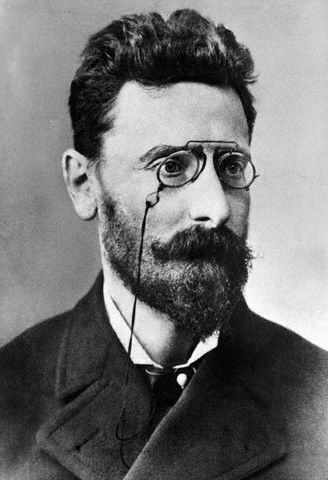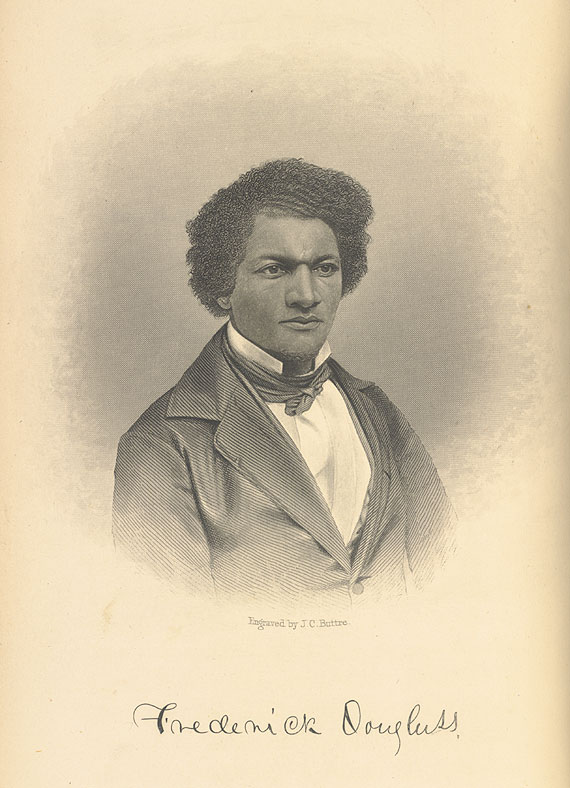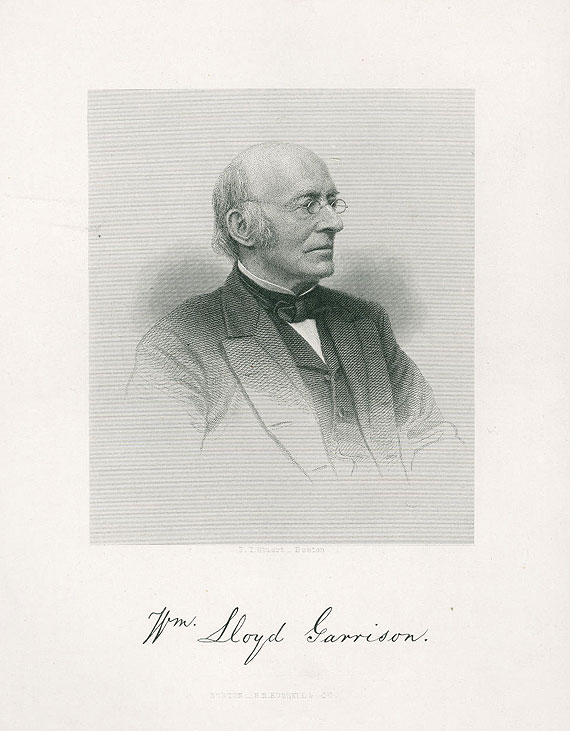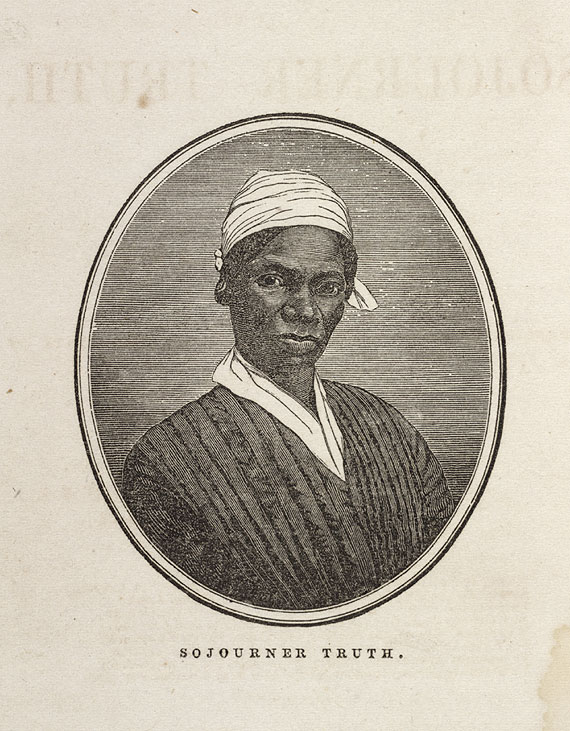Chapter 5 Journalism: as warmonger The Spanish American war
Chapter Summary
For my second blog project I chose chapter 5 of mightier than the sword. Since the events that take place in chapter 5 are an example of how the pen is mightier than the sword. The method of yellow journalism has written in chapter 5 is an example of when journalism no longer serves the public interest, but is only interested in turning a profit. The actions taken by Joseph Pulitzer and William Randolph Hurst serves as an example of how the pen is mightier than the sword and how the fourth estate became in a single instant more powerful than the United States government itself creating an atmosphere that forced the president of the United States and the United States Congress to declare war not because the United States was attacked by an enemy, but all because of the actions of Pulitzer and Hurst who saw an opportunity and used to make a profit.
Joseph Pulitzer was born in Hungary in 1847 he came to the united states as a mercenary during the civil war after the war was over he drifted west and worked for a German language newspaper and eventually purchased two failing newspapers and combined them together creating the St.Louis Post Dispatch in 1878. Pulitzer’s philosophy about running a newspaper was news papers should be sold cheap and must be written simple for even the common man to read it. Pulitzer dedicated his paper has the people’s paper that exposed corruption and advocated and fought for the people he vowed “that accuracy to a news paper is what virtue is to a woman. At the beginning of his career Pulitzer thought of himself as a pioneer, but history will remember him as one of the pioneers of yellow journalism the making of fiction into news and reporting it has fact, creating the false illusion that the St. Louis Post Dispatch is the ally of truth when instead it was the great enemy of the truth.
William Randolph Hurst was born in California in 1863 to a wealthy family. Unlike Pulitzer he was born with everything. He was a spoiled rich kid who with his father’s resources was able to buy his way into anything and everything he wanted. Such as his father George Hurst who bought the younger Hurst a seat into Harvard University, but instead of focusing on his studies and bettering himself he drank and partied and was eventually thrown out of the university. In 1895 after several years of working as a newspaper editor he purchased The New York Journal and worked under the same philosophy has Pulitzer that newspapers must be sold cheap and must be written with information and accuracy that people would be interested in. Hurst decided his focus would be to report on society and financial news. However when regular news stories were dull he would write sensational stories that were so controversial that would attract interest to his paper. He once paid a random couple to pretend that they got married in a hot air balloon. It was little stunts such as the balloon story that led to him being the kingpin of yellow journalism right at the turn of the century.
In 1895 Hurst came to New York and setup the New York Journal and began writing sensational and often controversial stories in a bid to compete with Pulitzers’ paper the world. Both Pulitzer and Hurst would write just about anything so long as it was controversial and increased a profit. The war of the news papers would come to a head in 1898 With the Spanish American War. In 1898 Cuban rebels were fighting with Spain for their independence. Hurst portrayed them as heroes and used that medium to portray the Spanish has villains he wrote several false stories about Spanish soldiers in Cuba. One story was how a group of Spanish soldiers boarded a ship and stripped searched female passengers on deck in public view when in actuality they were searched by a female officer below deck, but still he spun the story despite knowing the truth. Another story was when he published a story of how Spanish soldiers impounded his yacht for no reason when in reality his yacht had weapons and when the Spanish guarding Cuba saw this when they boarded Hurst yacht they towed it in, but once again Hurst spun the story and made it look as if he were the victim of piracy on the high seas.
Things came to a head on February 15, 1898 when the USS Maine exploded killing 260 service men. The U.S.S. Maine was American naval ship sent to protect American interest in Cuba. Immediately both Pulitzer and Hurst began writing stories immediately about how the explosion was attributed to an explosion caused by the Spanish. Within weeks of the disaster both Hurst and Pulitzer through their own fabricated reports that the cause of the explosion was caused by an underwater explosion caused by the Spain. Although the government’s official report concluded that the cause of the explosion was in conclusive Hurst and Pulitzer spun the story to the point that the government had to given to the public outcry and March to war. Has a result the United States sent 5,000 men to their deaths and was given control of the Spanish claims in Cuba and The Philippines and Hurst made a fortune, and reached a circulation of over a million subscribers, but what I find appalling is the fact that Hurst and Pulitzer were not punished for printing such cases of liable.
The act of Pulitzer and Hurst is an example of how in a negative way that the pen is mightier than the sword , that when journalism focuses on profit they can no longer serve the public good.






